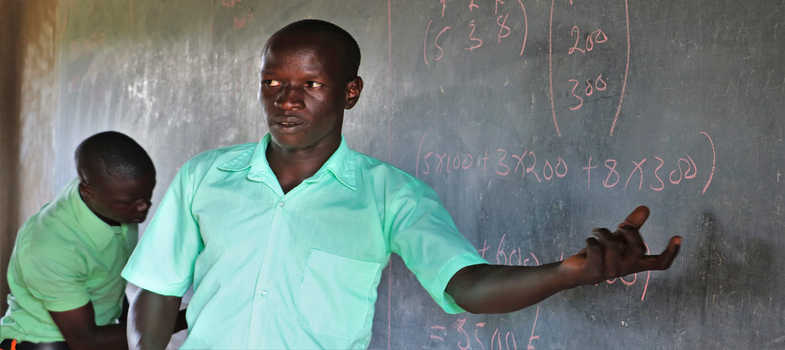Behaviourism
Behaviourism defines learning as a change in the
behaviour of the learner. The learning theory suggests that in order to have
learning, the learners must be actively engaged and being rewarded immediately
to reinforce their activity. Behaviourism concentrates on the aspects of
learning that are overtly observable and measurable. The desired behaviour is advanced by external
stimuli. Therefore, it is mainly based on the stimuli-response associations: given
the right stimulus, you will get the right response.
If a learner shows desirable behaviour in class, the concepts op Behaviourism tells us to reinforce
this behaviour as a teacher (stimuli), as it will be likely that the desired
behaviour will become more probable in the future (response). Likewise, undesirable
behaviour that goes unrewarded will be extinguished. All behaviour is acquired
by the shaping of behaviour using and anticipating on stimuli-response associations.
The Behaviouristic learning theory emphasizes that the response is observable
and measurable, as knowledge and skill can be demonstrated through the learners’ observable behaviour.
History
Psychologists Pavlov,
Watson and Skinner were responsible for the development of the behaviouristic
learning theory in the early part of the twentieth century. Watch this video as an extra reference and get more background information on the research each of the psychologists conducted and
how their ideas influenced the behaviouristic learning theory. The video will
also give you extra insights on the stimuli-response model where the
behaviouristic approach is based on.
Key principles and classroom implications
The main principles underpinning the behaviouristic learning theory are:
- Learning at its best takes place through the teacher taking control over the learning process, who is actively reinforcing learners in order to get the desirable learning outcomes
- Learning outcomes are measurable/observable
- Repetition and practice is key to achieve learning, as it strengthens the relation between stimulus of the teachers and the desired response by the learner
- Feedback is vital to achieve learning, as the teachers stimulates the learner to give the desired response to measure learning outcomes
- Positively reinforced behaviour (for example, by rewards, praise or recognition) is likely to be repeated
- Negatively reinforced behaviour (for example, by ignorance) is less likely to be repeated
